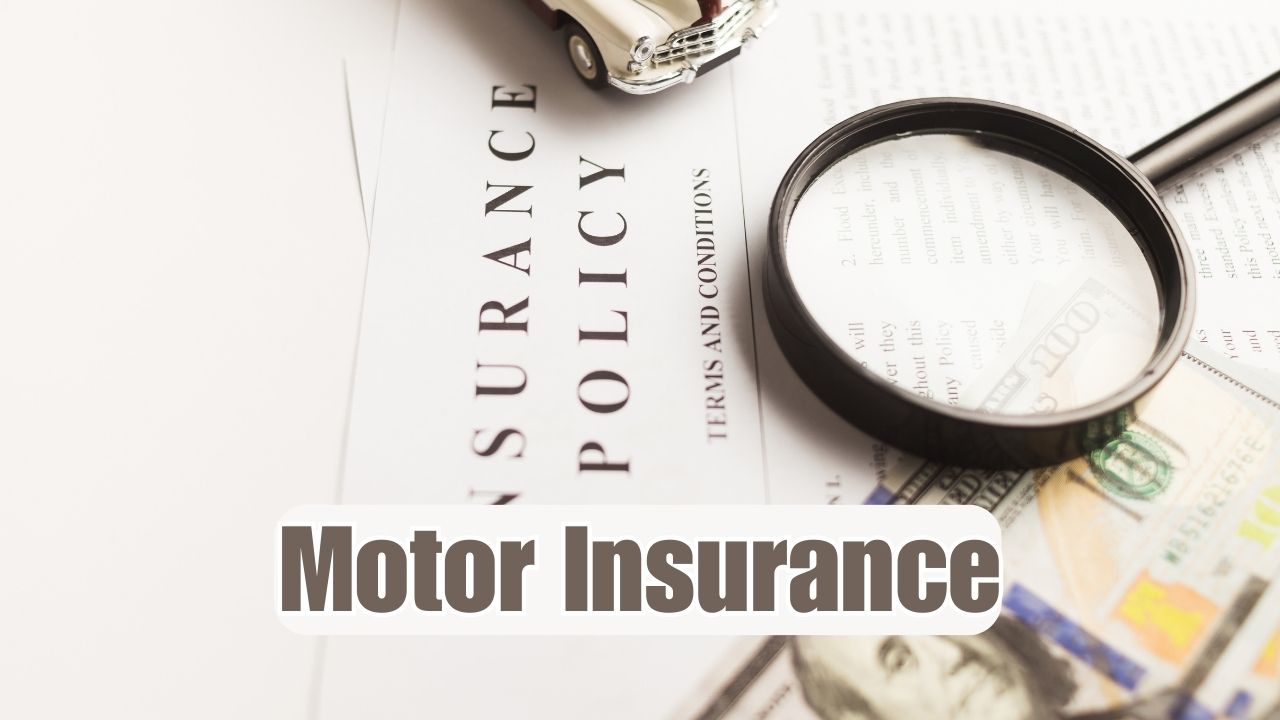Motor insurance, also known as auto insurance or car insurance, is a crucial financial protection that shields vehicle owners against various risks. Whether it’s a minor fender-bender or a significant collision, having the right motor insurance can make a world of difference. This comprehensive guide aims to delve into what motor insurance entails, its types, importance, and frequently asked questions to help you make informed decisions about safeguarding your vehicle.
What is Motor Insurance? Motor insurance is a contract between an individual and an insurance company designed to mitigate financial losses resulting from unforeseen events related to one’s vehicle. It serves as a safety net that provides coverage against damages to the insured vehicle, liabilities towards third parties, injuries to oneself, passengers, or other drivers, and even theft or vandalism.
Types of Motor Insurance:
- Third-Party Insurance:
- Covers damages caused to a third party’s vehicle or property and injuries to individuals.
- Mandatory in most countries and typically the minimum legal requirement.
- Comprehensive Insurance:
- Offers extensive coverage including damages to the insured vehicle, theft, fire, natural disasters, and third-party liabilities.
- Provides a broader scope of protection but might come at a higher premium.
- Collision Coverage:
- Specifically covers damages caused to your vehicle due to collision with another vehicle or object, regardless of fault.
Importance of Motor Insurance:
- Financial Security: Protects you from incurring substantial financial burdens arising from accidents, repairs, or legal liabilities.
- Legal Compliance: Ensures compliance with legal requirements for vehicle ownership and usage in most countries.
- Peace of Mind: Grants peace of mind by offering coverage against unexpected incidents that could disrupt your financial stability.
FAQs about Motor Insurance:
Q1: What factors affect motor insurance premiums? A1: Several factors influence premiums, including the vehicle’s make and model, driver’s age, driving history, location, coverage type, and deductible amount.
Q2: Is it necessary to have motor insurance? A2: Yes, in most countries, having at least third-party insurance is mandatory for vehicle owners to legally operate their vehicles on public roads.
Q3: Can I transfer my motor insurance policy when I sell my car? A3: Yes, most insurance policies can be transferred to the new owner, provided they meet the insurer’s criteria and complete the necessary documentation.
Q4: Are there ways to lower motor insurance premiums? A4: Yes, maintaining a good driving record, installing security devices in your vehicle, opting for a higher deductible, and bundling insurance policies might help reduce premiums.
Conclusion: Motor insurance is a fundamental aspect of responsible vehicle ownership, offering protection against unforeseen circumstances that can cause financial distress. Understanding the different types of coverage and their implications is essential in making informed decisions while selecting an insurance policy that best suits your needs. Remember, being adequately insured ensures not just the safety of your vehicle but also your financial well-being on the road.
